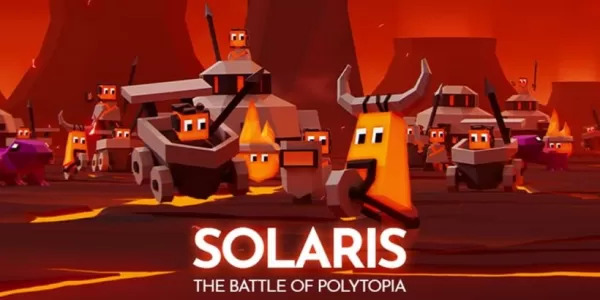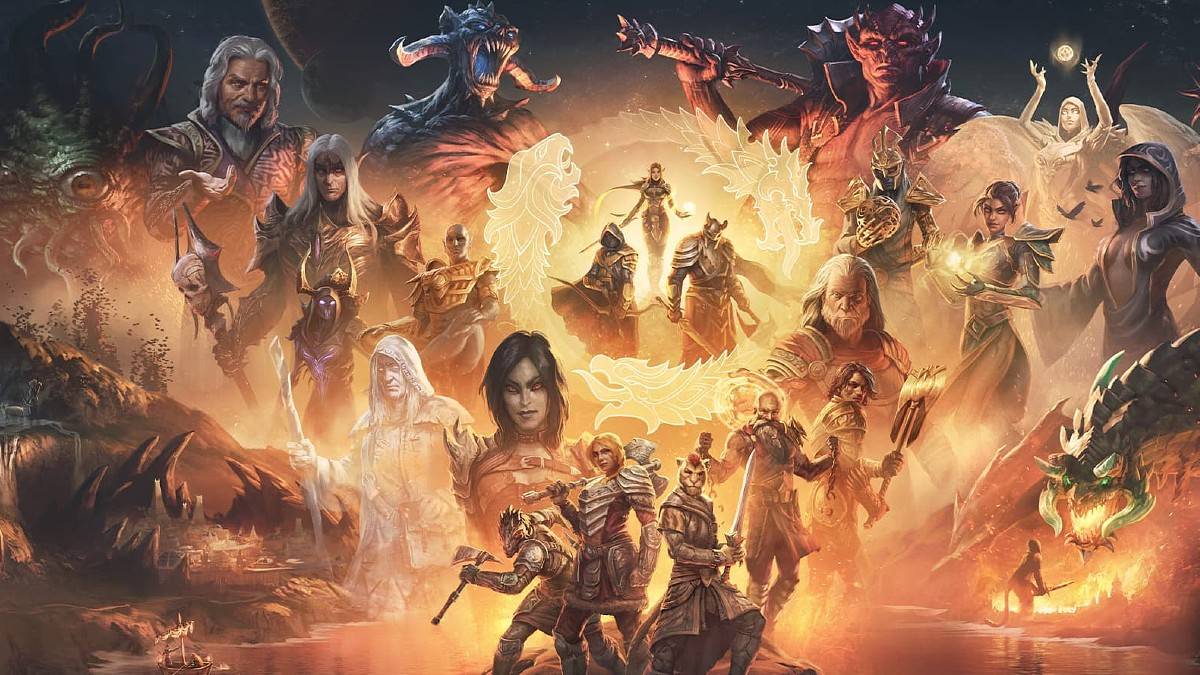
Call of Duty's Astronomical Budgets: A Look at the Rising Costs of AAA Game Development
Recent disclosures reveal that Activision's Call of Duty franchise has reached unprecedented heights in terms of development costs. Three titles—Black Ops 3, Modern Warfare (2019), and Black Ops Cold War—boasted budgets ranging from $450 million to a staggering $700 million. This surpasses previous records for the franchise and highlights the escalating financial investment required for AAA game production.
The sheer scale of these budgets underscores the intensive resources dedicated to modern game development. While indie games often thrive on smaller budgets secured through crowdfunding, the AAA landscape operates on a dramatically different scale. The costs of blockbuster titles have steadily climbed, eclipsing even those of previously considered "expensive" classics. Games like Red Dead Redemption 2, Cyberpunk 2077, and The Last of Us Part 2, while costly, pale in comparison to these newly revealed Call of Duty figures.
According to a December 23rd California court filing, Activision's Patrick Kelly, head of creative for the Call of Duty franchise, revealed the financial details. Black Ops Cold War, with its over $700 million budget, stands out. This surpasses even the massive $644 million budget of Star Citizen, a remarkable feat considering Black Ops Cold War's funding came solely from Activision, unlike Star Citizen's extended crowdfunding campaign spanning 11 years.
The trajectory of AAA game budgets is undeniably upward. Considering the annual budget increases, it's intriguing to speculate on the potential costs of future installments like Black Ops 6. The contrast to earlier eras is stark; the $40 million budget of the groundbreaking 1997 release of Final Fantasy VII, once considered enormous, now seems minuscule. Activision's recent disclosures serve as a stark reminder of the ever-increasing financial demands within the modern video game industry.



















